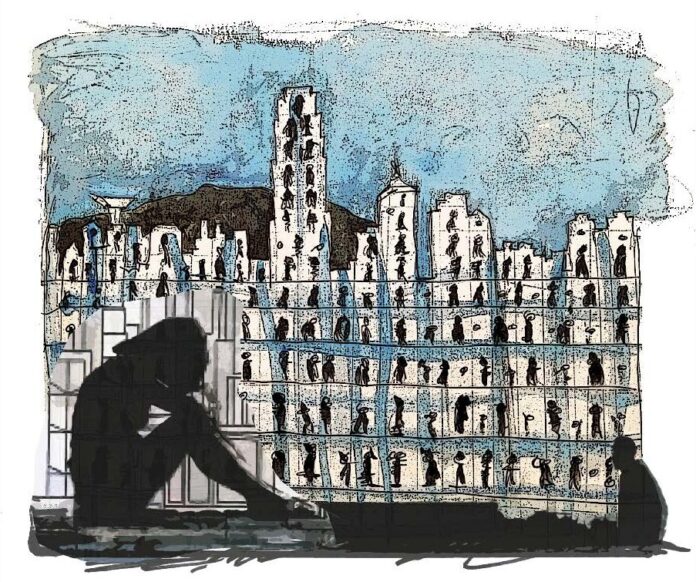A great deal of work has been done on how urban design can improve physical health: reducing obesity, or lung diseases, for example. But in the proliferation of research and guidelines for a healthy city, mental health is still often an afterthought. This is disappointing because cities affect our mental health, and mental health problems exert huge impact on cities. This creates a vicious circle.
Urban design holds exciting potential in population mental health. While more research is needed, there is already clear evidence of the ways in which urban design can help promote good mental health, help prevent mental illness, and help support people with mental health problems. This research is ready to be grasped by architects, urban planners, developers, policymakers and others, and integrated into project requirements and project design.
Key ways in which urban design can help improve mental health
- Green space and access to nature
- Active space for exercise
- Pro-social places to encourage positive social interaction
- Safety in the city
- Sleep
- Transportation and connection
- Economic stress and affordability in the city
- Air Pollution
On the other hand, negative aspects of urban design can include high levels of noise, air pollution, and a lack of privacy. These factors can contribute to stress, anxiety, and depression, and negatively impact mental health. For example, high levels of noise pollution can lead to sleep disturbances, which in turn can affect mental health.
In conclusion, the article highlights the importance of considering the psychological effects of urban design in the planning and development process. It encourages cities to prioritize the well-being of their residents by incorporating positive urban design features and minimizing negative aspects. This can lead to the creation of cities that support the mental health of their residents and promote overall well-being.
Reflective Analysis
The article is helpful for individuals who are interested in understanding the connection between the physical design of cities and the mental health of their residents, a topic that is usually never explored. There is still much we need to learn about how urban design can improve mental health.
Source
How urban design can impact mental health. Centre for Urban Design and Mental Health. (n.d.). https://www.urbandesignmentalhealth.com/how-urban-design-can-impact-mental-health.html




